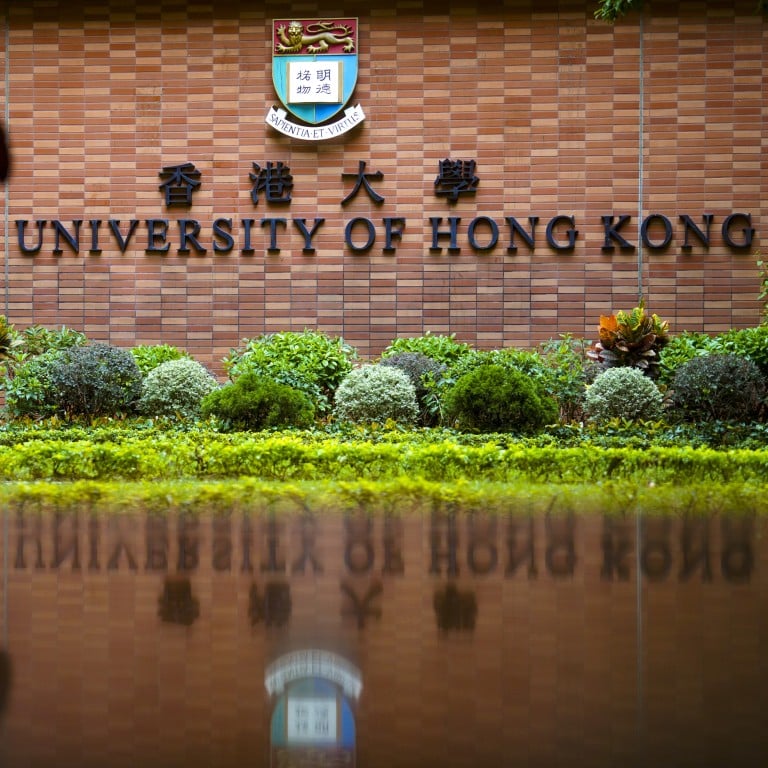
Anti-mainland bias rears ugly head again
- The case of three local students at the University of Hong Kong insulting their peers from the mainland is a sign that cross-border tensions are still prevalent
Stories of students who have had one drink too many causing a ruckus in their campus dormitories would not usually attract the attention of the media. But a case involving three locals offending fellow hall residents from the mainland at the University of Hong Kong has raised broader issues of public concern.
Such reports serve only to damage the city’s image and may reopen wounds arising from cross-border tensions that sometimes boiled over in recent years.
The expulsion of the trio from the RC Lee Hall for harassing their fellow residents is yet another case of misbehaving students making headlines for the wrong reasons. Reportedly under the influence of alcohol, the students banged on the doors of their mainland neighbours and mocked them by shouting in Mandarin: “Hong Kong welcomes you” and “Come on, let’s play.”
The incident, reported by a student-run news portal, went viral on social media and was condemned by a mainland student group. It has also aroused concerns from Beijing-friendly politicians with links to the university.
The story may be dismissed by some as just “boys being boys”. The students were said to have apologised to their mainland counterparts, who were reportedly satisfied with the university’s handling of the case. But the harassment of fellow students, be they from the mainland or elsewhere, goes well beyond what is acceptable.
HKU kicks 3 local students out of dormitory, saying they offended neighbours
The incident will not go down well on the mainland, either, and it would not be surprising if it fuels cross-border tensions again. Even though there is no evidence of widespread anti-mainland sentiment on campuses, it is unlikely that this was an isolated case of harassment faced by students from across the border.
Two years ago, some students made a parody video welcoming others to the “University of Xiang Gang” – the Mandarin romanisation of “Hong Kong”, featuring derogatory elements about mainlanders and what they saw as erosion of academic freedom.
With fewer mainlanders visiting the city in the past couple of years because of the Covid-19 pandemic, incidents of bias are less common than they used to be. But the episode at the University of Hong Kong shows that the underlying tensions are still there. The city must strive to make people from elsewhere feel they are genuinely welcome here.

